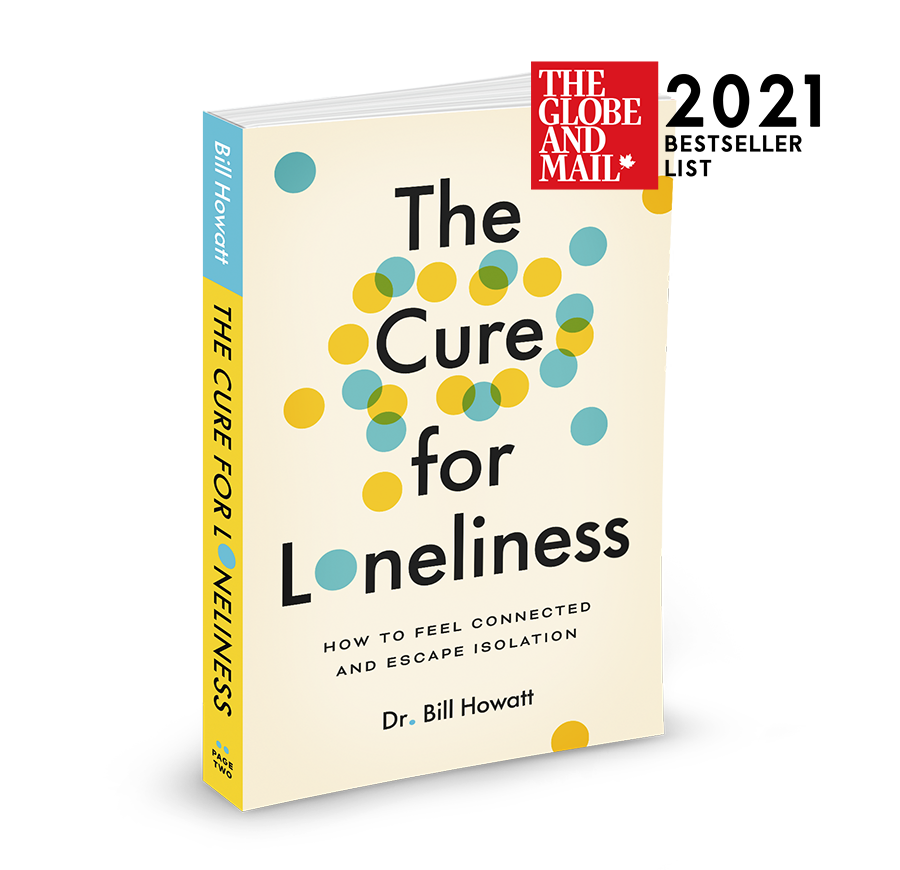The next wave of mental health prevention is mental fitness
March of 2020 will go down in the history books as a critical date, as this was when the COVID-19 pandemic began to redefine our normal.
Because we are still in the pandemic, we do not know how this story will end. So far, we know that COVID is affecting our social interactions, economy, how employers operate, employees’ work experience and mental health.
Because of the challenges with this pandemic and its negative impact on mental health, it is time to explore “mental fitness.”
What is mental fitness?
I define mental fitness as the intentional actions employers and employees take that can positively impact employees’ mental health and reduce their risk of mental harms.
This series will focus on mental health, not mental illness.
Before COVID, on any given day, one in five employees struggled with some degree of mental health concern. However, five in five employees are challenged daily to manage their mental health; there is no escaping this reality.
I spend time talking about mental fitness because many employees do not have the context for what they can do to impact their mental health.
As well, many leaders who are investing in employee mental health do not have context on the stark difference between mental illness prevention and mental health early intervention.
COVID-19’s impact on mental health
COVID-19 is influencing many employers to increase their sense of urgency about what they can do to support employees’ mental health.
Mental health was a challenge before COVID — the pandemic has amplified its magnitude exponentially. It may end up being the next major societal crisis employers must navigate in 2021 and 2022.
My client work and research indicate how COVID has increased employees’ risk of anxiety, depression, substance use, suicide and domestic violence. A general increase in the level of worry, irritability and cognitive fatigue is draining many resiliency reserves.
As a mental health practitioner, I agree with the literature that indicates the full psychological impact of this pandemic has not hit its peak. That peak is expected in the coming months and year.
Long-term effects of COVID-19 on the population’s mental health are expected to follow the initial waves of virus infection.
We would be naive to not recognize that the next few years will be difficult, once COVID has been tamed and we begin to resolve the massive economic spending that has occurred. With financial stress comes mental health stress.
Leaders regularly ask me: “What more can we do to support our employees’ mental health?”
My answer is: “What are you doing now to support your employees’ mental health?”
The responses often include that they launched a mental health peer support program, provided an unlimited employee and family assistance program, increased paramedical programs and psychological services and given access to cognitive behavioural programs.
Towards mental fitness
The real question is why they are asking this question if they have all these programs in place? The answer is because these programs often are not designed to prevent mental health concerns; they are designed to support them.
At its core, mental fitness is about prevention.
The average human resources leader knows the algorithm for physical health: exercise, diet, sleep, and lifestyle choices that can predict a person’s risk profile for developing a chronic disease.
To reduce a person’s risk of chronic disease, they must focus on their physical health. There is no guarantee a person who does this intently will not develop a chronic disease, but they can significantly mitigate their risk.
Context can help anchor how mental health prevention is different than mental health supports:
- If you buy a Stairmaster to get in physical shape, you must use it regularly to gain any health benefits. True or false?
- To get results from any physical fitness program requires a lifetime commitment, not three hours. True or false?
Mental health is no different.
If employers want to help their employees reduce mental health risk, they must direct attention and dollars to prevention — not just supports.
The benefit is prevention for everyone, not just employees who are in need.


